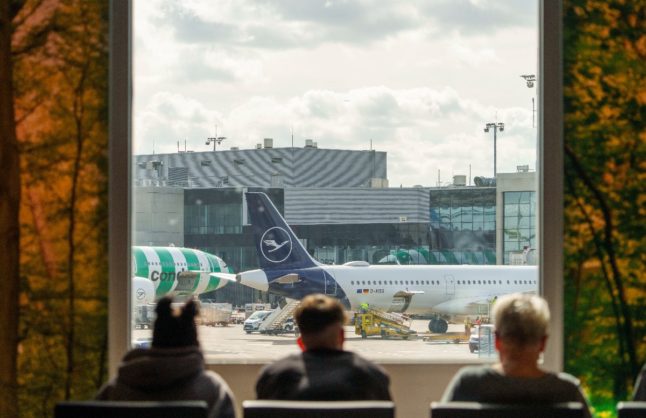But weekly magazine Der Spiegel said many details remain shrouded in secrecy even by the government, to protect the commercial interests of Aldi Nord and Aldi Süd – separate but associated companies.
Information officially requested from the Federal Office for Goods Transport (BAG) did show that Aldi training was being paid for with government funds, but details were scarce.
“The requested information concerns details which have not been approved for the public, and due to a request for secrecy from Aldi, cannot be released,” the BAG statement sent to Spiegel said.
Transport Minister Peter Ramsauer, under whose remit the BAG falls, refused to comment, while his staff merely said that, “as long as Aldi Nord, and Süd, meet the eligibility criteria for the subsidy, they are justified in receiving it.”
Green MP Valerie Wilms, who submitted a parliamentary question to try to uncover how much Aldi was getting, was told that the way BAG handled data was such that it was difficult to see how much individual companies were getting.
“It is aggravating as an MP, to have to have to poke around in the dark and not get clear information about what is done with tax payer’s money and subsidies,” she said.
“The subsidies should be helping with training and development – not to pep up the savings programme of a discounter. It would be outrageous if a billion-euro firm like Aldi was actually tapping into this money,” she told Der Spiegel.
The Local/jcw



 Please whitelist us to continue reading.
Please whitelist us to continue reading.
Member comments